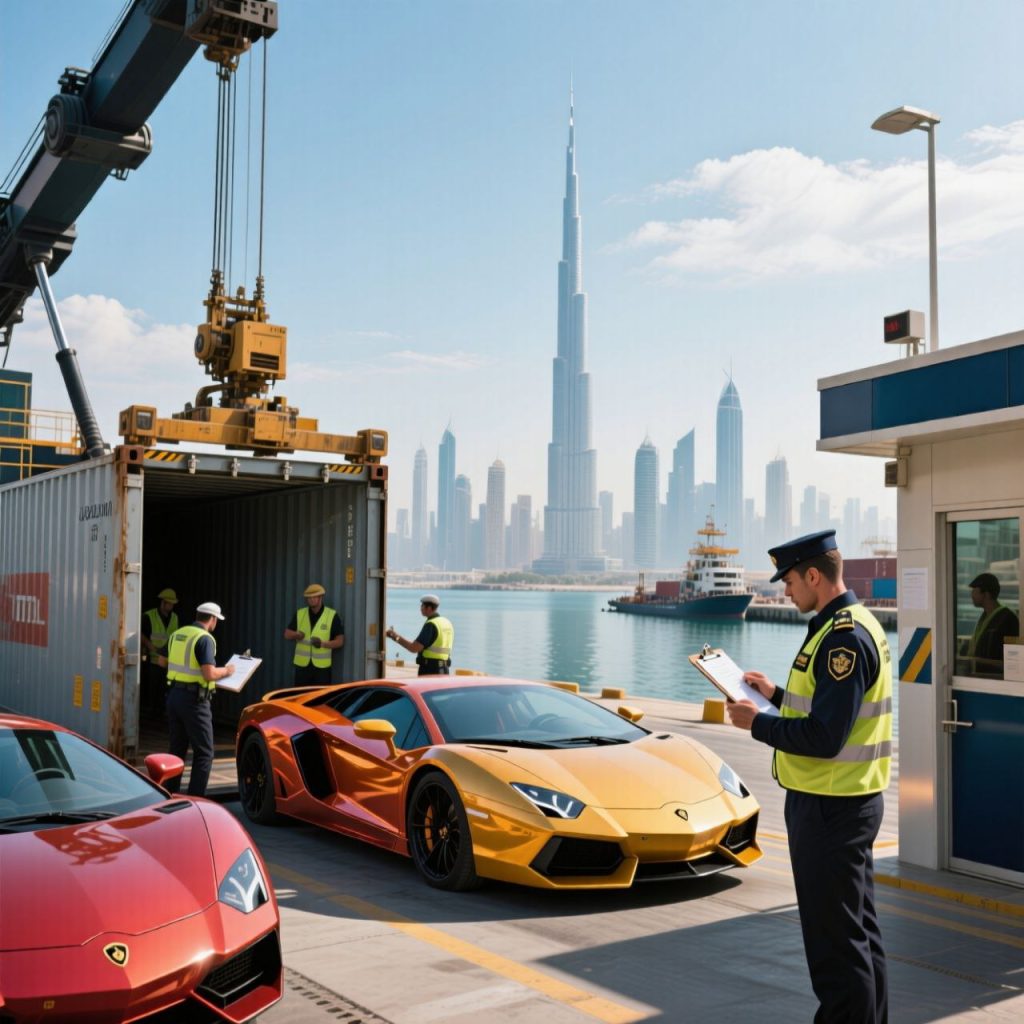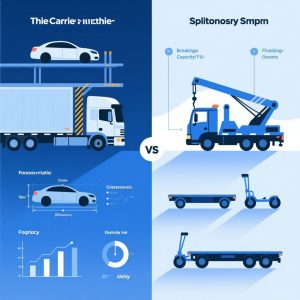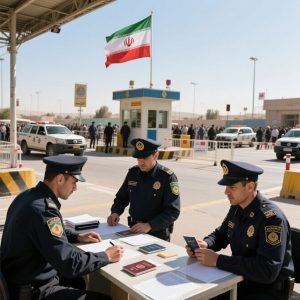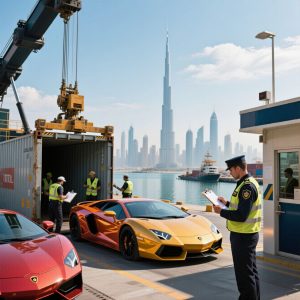Introduction
Dubai, as one of the major trade hubs in the Middle East, serves as a key export point for vehicles to various countries, including Iran, Russia, and Central Asian nations. Many individuals and companies purchase cars from this region and transport them to their destinations. This article outlines the car transport process from Dubai, customs regulations, and associated challenges.
Steps for Car Transport from Dubai
- Purchase Registration and Document Collection
After purchasing a vehicle from dealers or markets in Dubai, ownership documents and purchase invoices must be collected for clearance and transportation. - Obtaining Export Permits
Before exporting a car from Dubai, necessary export permits must be obtained from relevant authorities such as the UAE’s Road and Transport Authority and customs departments. - Paying Customs Fees and Taxes
Depending on the destination country, certain export duties and customs fees must be settled before shipping. - Choosing a Transport Method
The choice of transportation depends on the destination:- Sea Freight: Suitable for long-distance destinations like Iran, Russia, and some Central Asian countries.
- Land Transport: Ideal for countries with accessible land routes, such as Iran.
- Air Freight: Used for high-value luxury vehicles in specific cases.
- Customs Clearance in the Destination Country
Upon arrival, the car undergoes customs clearance, and local taxes and duties must be paid before final delivery.
Challenges of Car Transport from Dubai
- Changing Customs Regulations
Some countries have strict and frequently changing import policies, which can create challenges for exporters. - High Transportation Costs
Transport costs vary by method and can be expensive, particularly for long-distance shipments. - Delays in Clearance and Delivery
The shipment and customs clearance process can take time depending on transportation mode and the destination country’s regulations.
Conclusion
Transporting a car from Dubai involves multiple steps, including obtaining export permits, choosing the appropriate transport method, and handling customs fees. Understanding the regulations and procedures helps reduce costs and prevent delays.








